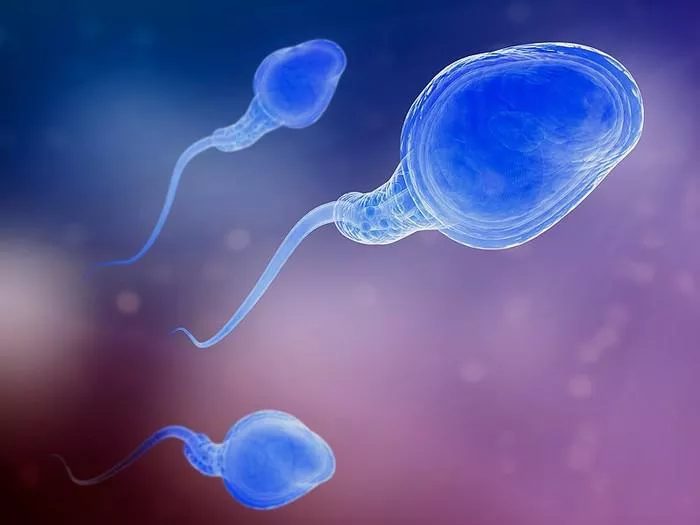Male infertility, often overlooked or stigmatized, is a significant issue affecting many couples worldwide. While conception may seem straightforward, various factors can hinder male fertility. Let’s delve into the complexities of male infertility, exploring its causes and implications.
The Intricacies of Male Reproductive Health
Male fertility hinges on the production, maturation, and delivery of healthy sperm. Any disruption in this intricate process can lead to infertility. Unlike female infertility, which is often visibly linked to menstrual irregularities or ovulation disorders, male infertility can be more elusive, with subtle symptoms or no apparent signs at all.
Hormonal Imbalances and Reproductive Disorders
One of the primary culprits behind male infertility is hormonal imbalances. Testosterone, the primary male sex hormone, plays a crucial role in sperm production. Disruptions in testosterone levels can impair sperm production and quality, leading to fertility issues. Additionally, conditions like hypogonadism, where the testes produce insufficient testosterone, can significantly impact fertility.
Varicocele: The Vein of Infertility
Varicocele, a condition characterized by enlarged veins within the scrotum, is another common cause of male infertility. This varicose vein disrupts blood flow to the testes, resulting in elevated testicular temperatures and impaired sperm production. Analogous to a kink in a hose restricting water flow, varicocele obstructs the natural flow of blood to the testes, compromising sperm health and fertility.
Genetic Factors and Chromosomal Abnormalities
Genetic factors also play a pivotal role in male infertility. Chromosomal abnormalities, such as Klinefelter syndrome, where a male is born with an extra X chromosome, can affect testicular development and sperm production. Similarly, genetic mutations or deletions on the Y chromosome can disrupt sperm production, contributing to infertility.
Lifestyle and Environmental Influences
Beyond physiological factors, lifestyle and environmental influences can impact male fertility. Excessive alcohol consumption, tobacco use, and recreational drug use have been linked to reduced sperm quality and quantity. Prolonged exposure to environmental toxins, such as pesticides and heavy metals, can also impair sperm function, highlighting the importance of environmental awareness in preserving reproductive health.
Testicular Trauma and Surgical Complications
Physical trauma to the testes, whether from injury or surgery, can result in scarring or damage to the delicate structures responsible for sperm production. Surgical interventions, such as vasectomy reversal or hernia repair, may inadvertently disrupt the normal function of the reproductive system, leading to fertility issues. Like a finely tuned machine, any disruption to its delicate components can impair its overall performance.
Unraveling the Complexity of Male Infertility
Male infertility is a multifaceted issue with diverse underlying causes. While some factors, like hormonal imbalances or genetic predispositions, may be beyond individual control, others, such as lifestyle choices and environmental exposures, can be modified to improve fertility outcomes. Seeking timely medical evaluation and adopting healthy lifestyle practices are crucial steps in addressing male infertility.
Breaking the Stigma: Seeking Support and Solutions
Addressing male infertility requires breaking the stigma surrounding men’s reproductive health and encouraging open dialogue about fertility challenges. Seeking support from healthcare professionals specializing in reproductive medicine can provide valuable insights and personalized treatment options. With advancements in assisted reproductive technologies, such as in vitro fertilization (IVF) and intracytoplasmic sperm injection (ICSI), many couples can overcome male infertility and realize their dream of parenthood.
Conclusion:
Male infertility is a complex and often misunderstood condition, but with proper understanding and support, many obstacles can be overcome. By exploring the various factors contributing to male infertility and advocating for comprehensive reproductive healthcare, we can empower individuals and couples on their journey to parenthood. Through education, awareness, and access to fertility treatments, we can pave the way for a future where infertility is no longer a barrier to building the family of one’s dreams.






















